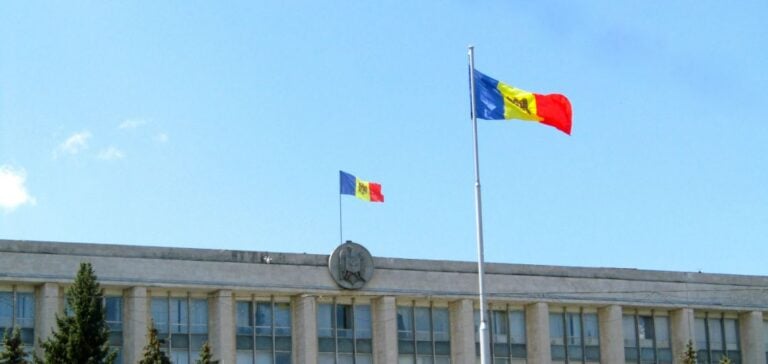Since January 1, the separatist region of Transnistria in Moldova has been facing a total gas cutoff from Russia, escalating tensions between Chisinau and Moscow. Gazprom, the Russian energy giant, halted deliveries due to an ongoing financial dispute.
The conflict revolves around a debt estimated at over $700 million by Russia but assessed at only $9 million by Moldova. This supply disruption has forced the Cuciurgan thermal power plant, located in Transnistria, to operate solely on coal. This facility, which used to supply up to 80% of Moldova’s electricity, now only serves local needs. Its current reserves are expected to run out by mid-February.
An Energy Crisis with Geopolitical Dimensions
The situation goes beyond a simple economic dispute. Kaja Kallas, the European Union’s foreign policy chief, accused Moscow of waging a “hybrid war” against Moldova, using gas as a strategic weapon. In a statement on the social network X, she reaffirmed the EU’s support, emphasizing Moldova’s efforts to strengthen its connections to European energy networks.
Meanwhile, Moldova’s Prime Minister, Dorin Recean, condemned the deliberate destabilization strategy ahead of parliamentary elections scheduled for this fall. He also criticized Moscow’s decision not to use the TurkStream pipeline as an alternative to Ukrainian transit, which was interrupted due to the war.
Local and Regional Impacts
Despite the tensions, Chisinau has so far been spared major cuts thanks to its partial integration into European networks. However, the country’s dependence on the Cuciurgan plant remains concerning. The depletion of coal reserves could worsen the energy crisis and further weaken the nation.
In response, the European Union has increased financial and technical support to help Moldova reduce its reliance on Russian resources. These initiatives aim to ensure the country’s energy security while countering Moscow’s geopolitical influence in the region.
Moldova at a Crossroads
This crisis highlights the growing challenges Moldova faces on its path toward European integration. The Transnistrian region, where Russian influence remains strong, is a major point of contention. While Moscow exploits this division to maintain its hold, Moldovan authorities continue efforts to bolster their energy and political sovereignty.
As winter intensifies and crucial political deadlines loom, Moldova must step up efforts to overcome this crisis. The European Union and Chisinau are working to respond to this “hybrid war,” but numerous challenges persist in this tense geopolitical context.





















